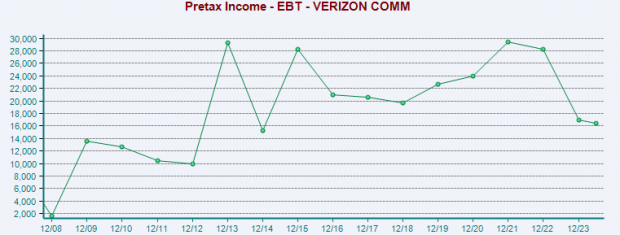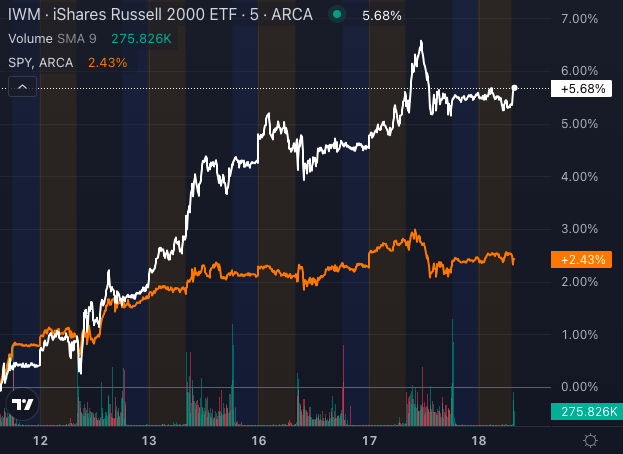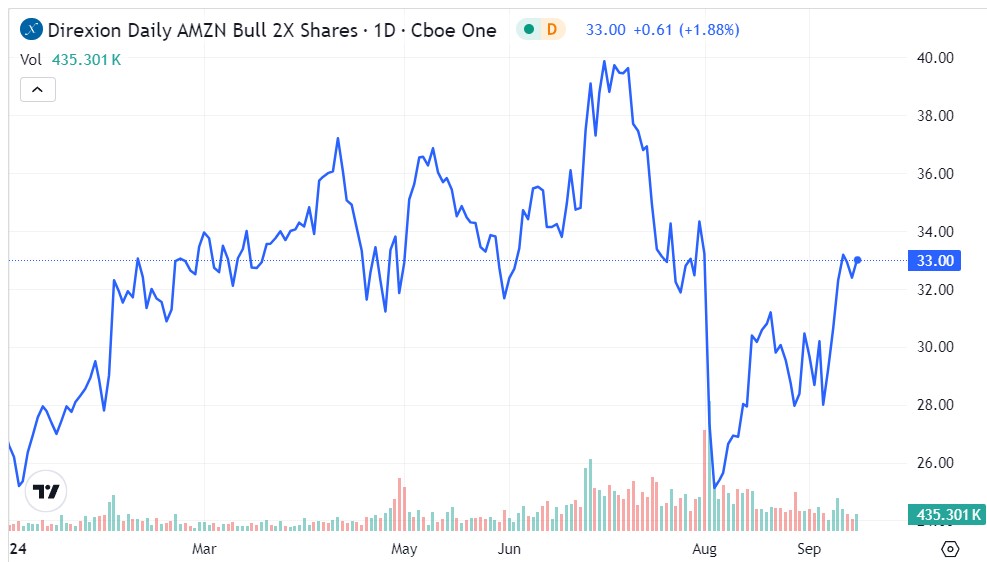Verizon Communications Inc. (VZ) is set to offer a complimentary 12-month subscription of Netflix Inc.’s (NFLX) premium plan to customers engaging in the acquisition of the exclusive premium streaming service of the National Football League under its “myPlan” program. By bundling these services, Verizon aims to provide customers with an opportunity to save $276 annually.
The package includes access to seven exclusive live NFL games during the 2024-2025 season, coverage from NFL Network, and engaging content from Netflix. While this promotional strategy is expected to drive customer acquisition, the considerable discounts could put pressure on the company’s margins.
Dual Impact on Verizon
On one hand, the offer is likely to attract a broader customer base, but on the other, it may strain profit margins. Additionally, Verizon’s wireline division is grappling with losses in access lines due to competitive pressures from VoIP providers and aggressive offerings from cable companies, impacting overall revenues. The company’s robust investments in 5G technology and spectrum acquisitions are commendable but could weigh on margins if not managed effectively.
Verizon’s move to secure airwaves in the C-Band auction to bolster its future 5G deployments exposes it to significant bidding expenses, potentially impacting profitability. This comes at a time when the telecom industry faces challenges in managing escalating mobile data traffic due to increased smartphone usage and demand for various online services.
Challenges for Verizon’s Traditional Services
The telecom giant saw 65,000 Fios Video net losses in the second quarter of 2024, reflecting the industry-wide shift from traditional TV to digital streaming services. Operating in a competitive U.S. wireless market alongside AT&T Inc. (T) and T-Mobile US Inc. (TMUS), Verizon has faced tougher competition, leading to a slower stock growth compared to its peers.




